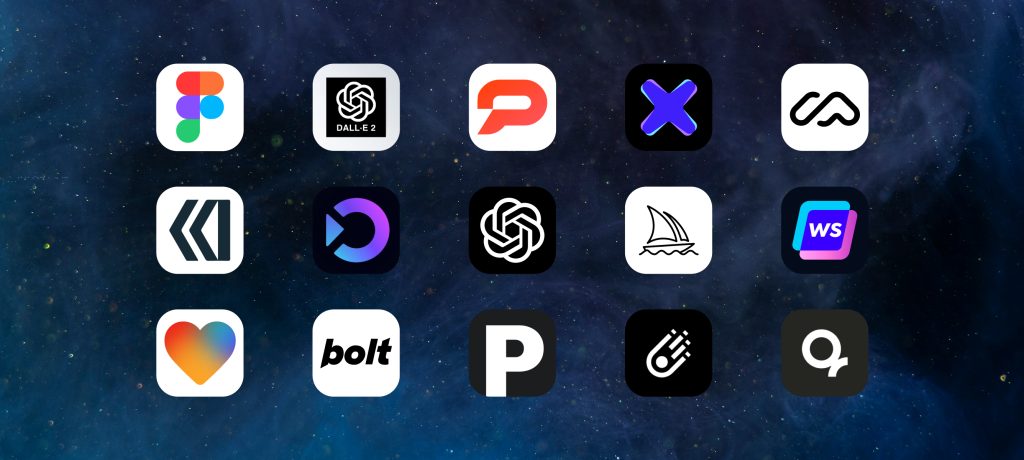Remember a time when cookies were just for binge-eating, and not for data collection?
There was a time when birds were humming and not an algorithm update (Hummingbird)—and pandas were in the wild and not a penalty for keyword stuffing (Panda update).
Simpler times.
Everything online, in this day and age, is used to track us, collect data, study our behavior, and turn users into a statistic.
A simple, spur-of-the-moment website visit can trigger an aggressive marketing campaign that ambushes and follows us everywhere we turn.
While receiving personalized recommendations and customized content make for better user experience, some users prefer to surf the web privately without big brother’s prying eyes.
To that end, we have rounded up some hints and hacks to help you maintain a safe and secure website browsing experience.
In this guide, we will show you:
- How to keep your personal information hidden from advertisers
- Which browsers to use to enjoy a safe browsing experience
- How to access Virtual Private Networks (VPNs)
Cookie-collection and advertising retargeting
Retargeting, or aptly known by Google’s community as remarketing, is a marketing strategy designed to make the ads follow users who abandoned a cart without making a purchase or just by simply visiting a webpage.
The idea behind retargeting is to remind the user of a product or service viewed. A third-party cookie from a retargeting ad service gets saved to the browser in order to identify the user across the web and show remarketing ads to them.
The retargeting process involves JavaScrip code or pixel implementation to the visited pages, usually in the footer. Code implementation allows the ad service to fire a request to drop a cookie—and since a unique code is assigned to every pixel, the cookie helps recognize the user in the retargeting process.
If you have grown tired of the creepy ads stalking you around on social media and elsewhere on the web, there are ways to help you dodge retargeted ads.
Blocking third-party cookies and site data on Chrome and Safari under advanced settings can restrict tracking and data collection.
Private browsing
Anyone surfing the World Wide Web needs a browser. Without a web browser, you can’t navigate to your desired websites. As such, a browser holds private data of what sites you have visited, how long you spent on a site, and how you engaged with its contents.
Having access to your web browser, anyone can learn about your income, your political leanings, and interests, among other demographic data.
Luckily, you can enjoy a secure internet-surfing experience with the following browsers:
Firefox
Firefox is the most-used browser on the Internet, after Google Chrome and Apple’s Safari.
Firefox, developed by Mozilla, has made headway in improving the browser’s privacy protections in recent years. They’ve released advanced anti-fingerprinting and Enhanced Tracking Protection features, making it more difficult for third-party trackers to keep tabs on your activity on the Internet.
Brave
Brave is an open-source of the Chrome browser, allowing Chrome users to easily switch browsers.
Brave, out of the box, automatically blocks all third-party trackers and advertising cookies. On the plus side, Brave comes fully-equipped with built-in HTTPS Everywhere, offering more HTTPS-encrypted connections.
Iridium
Still hung up on Chrome? Iridium is a Chromium-based browser that is built with the user’s privacy in mind. It allows you to enjoy all Chrome extensions while having a secure browsing experience.
Note: Iridium supports Windows, Mac OS, and Linux—but it’s not available for mobile users on Andriod or iOS.
What the DuckDuckGo?
DuckDuckGo has been generating a lot of buzz lately in the online search community.
In a nutshell, DuckDuckGo is another browser that offers a safe and secure search experience—and built with the sole purpose of protecting users’ privacy. Available as a Chrome Extension, for Chrome avid users, DuckDuckGo offers private search, tracker blocking, and site encryption.
While DuckDuckGo does not have a standalone desktop browser, you can install its extension on Google Chrome and download the app to your smartphone or tablet—another feather in DuckDuckGo’s hat.
Duck it!
Virtual Private Networks (VPN)
For those who live in the UAE, private browsing doesn’t come easy. Whether you’re a seasonal visitor or a Dubai old-timer, you must have hit a snag with VoIP calls. The UAE government has banned VoIP services, including Skype, WhatsApp, and FaceTime, which has led many users to seek out an alternative avenue to stay in touch with their friends and family.
ExpressVPN, NordVPN, and Surfshark are among the best Virtual Private Networks available in the UAE.
To sum up:
Don’t let this guide diminish your love for actual cookies. They are just innocuous—and equally scrumptious—edible confectionary that humans and Artificial Intelligence exploited its name.
In this digital age, privacy is a precious property that many of us don’t want to sell off or even trade. Fortunately, major web browsers support private browsing features to help you keep web trackers at bay and your Internet activity safe.





